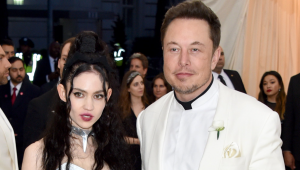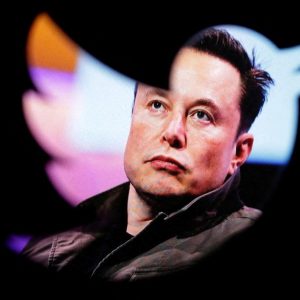Elon Musk pitched his pet companies in an article in a Chinese magazine run by the Cyberspace Administration of China, according to a translation provided by Yang Liu, a reporter for the country’s state press agency.
The Cyberspace Administration of China (CAC) has been in charge of creating and handling the country’s policies regarding user data, digital security and online content since 2013. This year in January, the CAC launched its own magazine, called China Cyberspace where it makes announcements regarding new policies as well as the research that it is working on.
Also Read: Why Elon Musk sold Tesla shares worth $6.9 billion
In the July issue, the magazine solicited articles from the likes of Musk and the CEO of the Ant Group, Eric Jing Xiandong, the company that runs the payment service Alipay.
According to the translation from Liu, the tech billionaire was invited to share his thoughts on ““thoughts on the vision of technology and humanity”. In the article, Musk describes the benefits of the companies that he runs — Tesla, SpaceX and Neuralink — and how they can “help achieve a better future for humanity.”
In a tweet, Liu explains how Musk’s willingness to write the article and have it published is a “smart move” as it allows him a chance to showcase the “technological prowess of his companies to Chinese officials and the public.”
In fact, in the last few years, the co-founder of Tesla has been expanding the number of factories that produce the electricity-powered cars. In 2018, Tesla opened a factory in Shanghai but thanks to the COVID-19 pandemic, has been plagued by shutdowns as well as supply chain issues.
Also Read: Will the real Elon Musk please stand up? Twitter impersonator gets exposed
In a Tweet on Sunday August 14, 2022, the 51-year-old congratulated the factory for producing a million cars and said that Tesla had now made 3 million electric cars since it was founded. In its second quarter earnings call which was held in July, the company had reported lower deliveries for the first time ever. It delivered 225,000 cars, down 18% from the previous quarter, according to MarketWatch.





